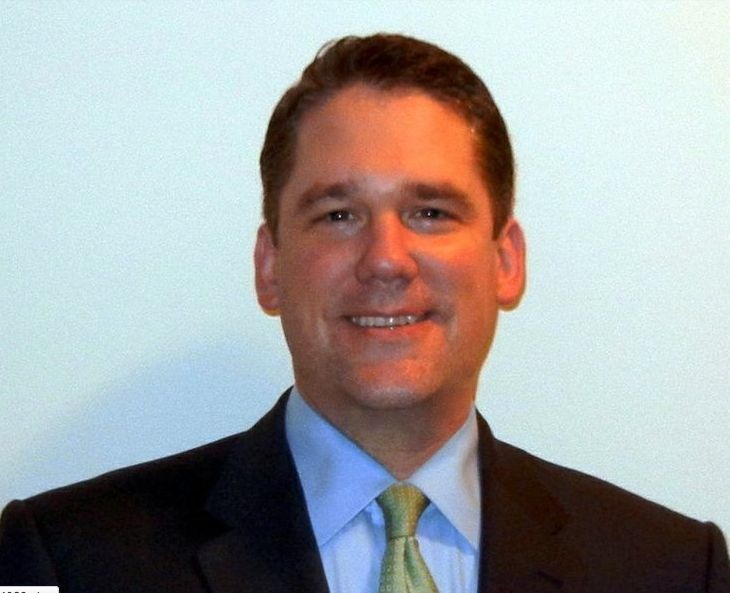Real estate is an old favourite amongst the super rich. But these days it’s not all about buying trophy homes. Increasingly, the world’s ultra high net worth (UHNW) individuals (those with assets of US$30 million and above) are turning to the commercial real estate market for lucrative deals, even competing against institutions and the private banks.
Particularly in times of crisis, the “safe haven” cities like New York and London receive strong investment. But recent property tax changes have driven wealthy families to focus on commercial deals over residential property, contending against private banks and hedge funds, said Nisha Singh, senior associate in the private client team at law firm Berwin Leighton Paisner.
“The UHNW are beginning to pursue investment opportunities beyond residential property and are acquiring commercial properties in London: shops, offices and hotels. It is now not uncommon for UHNW individuals to compete with the institutional investors to acquire these higher-value assets,” she said.
This is the finding of the recently-published Savills report, Around The World In Dollars And Cents. The report estimated that the total value of the world’s real estate is now around US$180 trillion. Of the US$70 trillion that is “investable”, ie traded regularly – including US$20 trillion of commercial property – over half is being bought by private individuals, companies and organisations, while institutions are taking a smaller share.
“Institutions and publicly owned entities are becoming relatively less important to world real estate as a result,” said Yolande Barnes, head of Savills world research, “Since the Lehman crisis, the willingness of private wealth to take the place of debt finance or to take a higher-risk development position is now making the difference between deals done or deals mothballed.”
Savills estimates that around 35 per cent of global deals over US$10 million in 2012 were only possible because of private funding. And predominantly this money is coming from Asia. A webinar that real estate firm JLL conducted last month of 259 occupiers and investors, showed that Asian UHNW are by far the biggest property bulls, holding as much 70 percent of their wealth in real estate.
Regionally, the US market has the next largest exposure to property, with nearly a fifth of its wealth dedicated to bricks and mortar. In particular, wealthy Asians are interested by valuable office space in prime locations, with hotels and retail property also popular. Overridingly, they are looking to buy in the US and the UK, which were joint number one choice of 34 percent of respondents, with Eurozone and Australia coming third and fourth.
According to Scott Hetherington, head of hotels in Asia at real estate firm JLL, there has been a renewed drive for high-yielding hotels with a solid global brand. For example, last September the luxury Six Senses Laamu resort in the Maldives was sold by its private equity owner Pegasus Capital to a subsidiary of Singapore-based HPL for US$70 million, which is owned by Singapore’s 10th richest man, tycoon Ong Beng Seng. Beng Seng has been building up his interests through HPL in the Maldives, and also recently bought Soneva Gili from multi-millionaire founder, Sonu Shivdasani.
And the private investment arm of the Hong Kong-based Kwok family recently bought the Hyatt Regency Hakone in Japan from Morgan Stanley, for an estimated US$56 million.
And it is not just luxury hotels. Trophy office blocks in prime locations are gaining increasing attention amongst the very rich.
In what is anticipated to the one of the largest single asset deals globally this year, 8 Canada Square, Canary Wharf in London is up for sale for an estimated £1.1 billion.
There has been strong interest from Asian buyers, particularly Chinese buyers who are seeking core assets in gateway cities, according to Alistair Meadows, head of JLL’s International Capital Group Asia, which is working on the sale.
Meadows said the iconic building appeals to both institutional investors as well as UHNW individuals, given its trophy status and its “long & strong” cash flow underpinned by HSBC’s AA- credit rating.
Mindful of the desire for trophy commercial property, private banks are helping to facilitate more of these deals too. Bernard Rennell, CEO of North Asia at HSBC Private Bank, said that clients increasingly want direct access to commercial property deals, on which they often club together. Recently the bank arranged for 50 clients to acquire a million square foot office block in Manhattan through the HSBC Alternative Investments platform (HAIL). Earlier this year, HSBC helped a group of UHNW clients invest €250m majority stake in Dublin’s Liffey Valley Shopping Centre. Clients find introductions to their peers highly valuable, said Rennell.
Mykolas Rambus, CEO of Wealth-X, believes that the growing pool of private wealth is creating ample opportunities for the industry: “We forecast that the UHNW population will grow by 22 per cent by 2018, its combined wealth – currently US$27.8 trillion – is expected to total over US$36 trillion by 2018. This presents huge opportunities for those involved in global real estate investment to create the right product in the right locations.”







